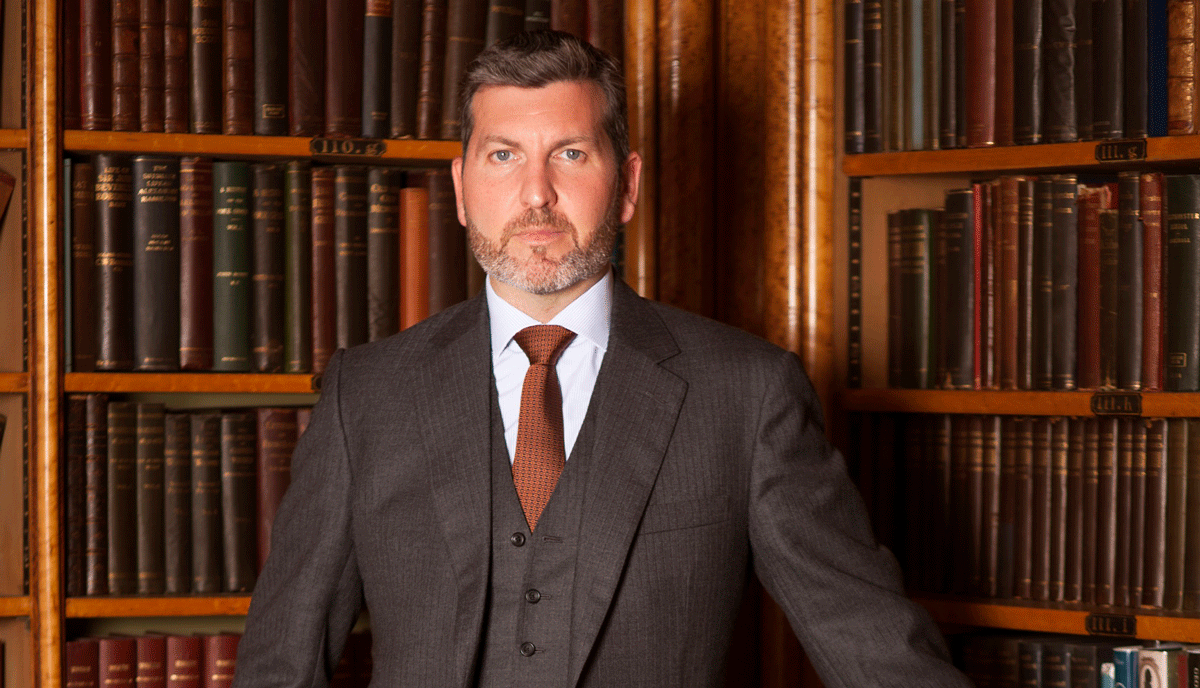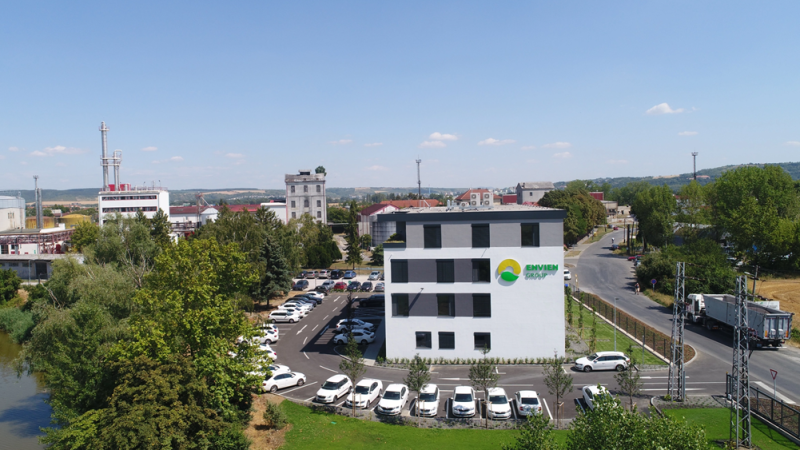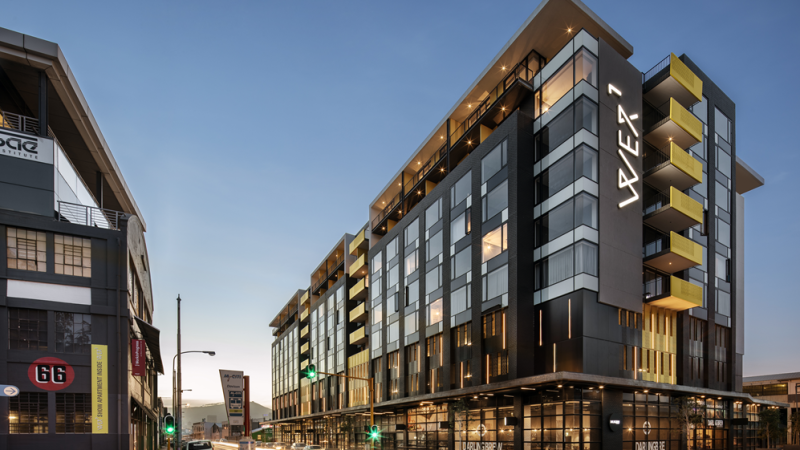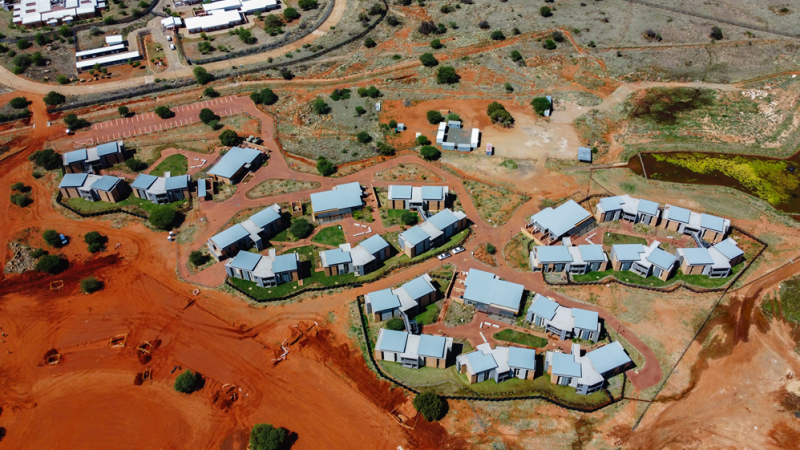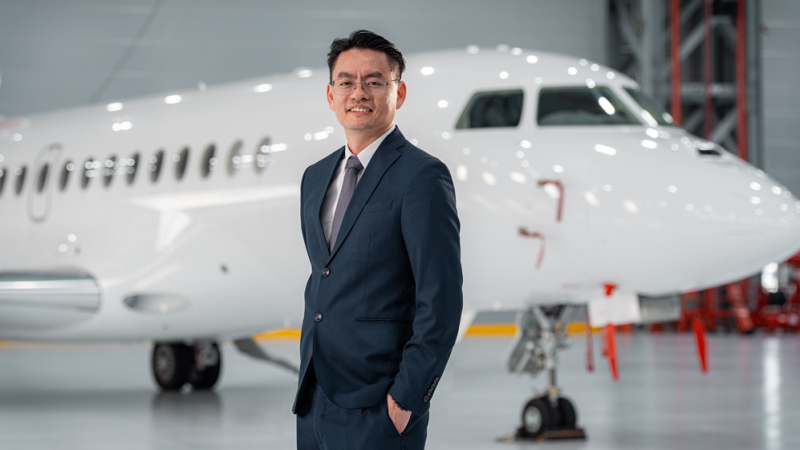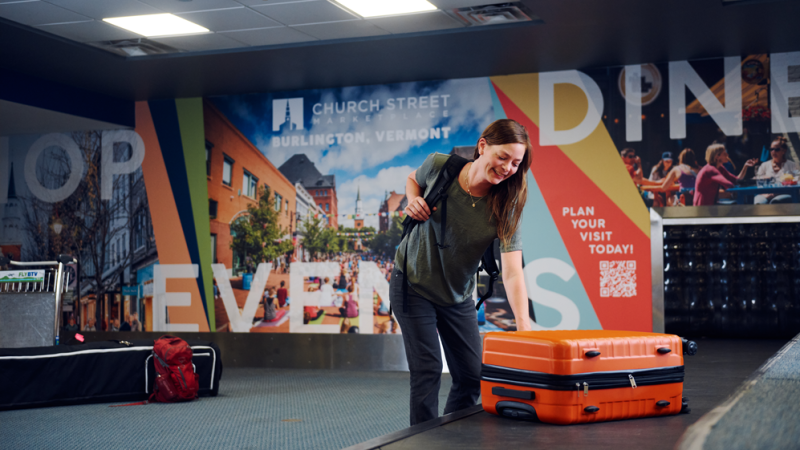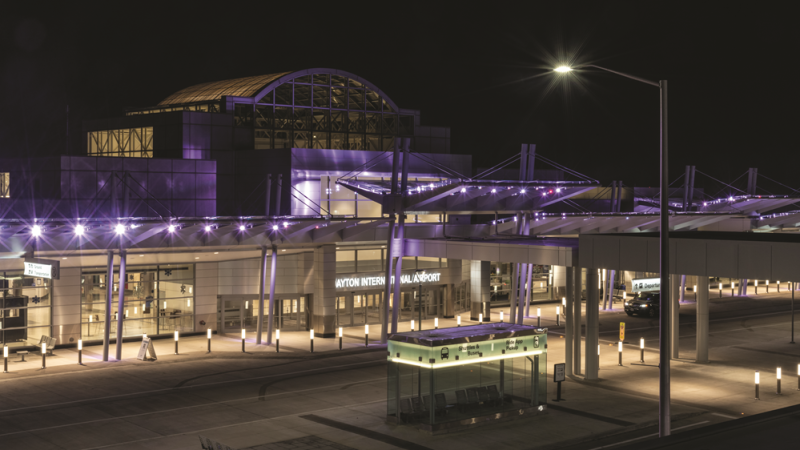AirX is a dedicated charter operator, of only five or so such companies in the entire industry. But what makes it stand out even further is the fact that AirX owns its own fleet. This deceptively simple difference has an impact across AirX’s entire business model. It affects the responsibilities, the risks, and the opportunities it can take as a company.
“The full financial risk of the operation sits with us,” says John Matthews, Chairman and Founder of AirX.
This is not just any fleet, however. Matthews boasts it is “probably the most diverse fleet in the entire history of aviation”, from private jets to VIP airliners. But even this is not the element that most distinguishes AirX in the charter operating field.
“We are profitable, and that alone puts us among only 1 or 2% of the sector,” Matthews says. “We are in control of our own assets. We are not in aircraft management in any big way. We target preowned aircraft while rolling out new interiors across the fleet to create a price-competitive yet profitable business model. It really is unique, I defy any investor or analyst to find another company like AirX.”
A Unique Company
It might seem strange for a business to count itself as one of the only profitable companies in its sector, but it is symptomatic of the kind of businesses that have moved into the charter market.
“You have got to think about what’s wrong with the sector to conclude why we stand relatively alone,” Matthews says “Aircraft chartering is a sexy industry with all the attraction and glamour of the superyacht charter sector, except that aircraft charter is also subsidised. If you manage companies like cash cows with suppliers and operators all milking it for wealth, that can become the norm.”
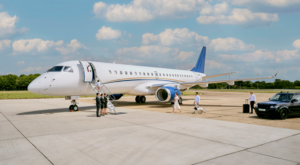 As a fleet owner, this is not an option for AirX.
As a fleet owner, this is not an option for AirX.
“If we treated our company like that, we would quickly go bankrupt,” Matthews explains. “Because we take the risk of owning our own assets, we need those assets to fly. If you look at aircraft management firms, on a lean month they can just say to the fleet owner ‘Sorry it was a bit quiet this month, here is our invoice, please pay us in seven days’. There are huge operators who have forgotten about profit for so long they do not talk about it, to ones that just bill the vehicle owners, and then, you have got us. We are the outlier right on the flanks of the market operating a unique business model. We are forced to think in terms of profit, and there is no excuse for loss. That is what makes us different.”
In creating and perfecting this business model, AirX has had to navigate the trial by fire that was the pandemic. As Mattews is the first to admit, “It’s jolly difficult to run an airline in a global lockdown.”
According to Matthews, the lockdown made AirX a better business operator, forcing them to ruthlessly examine their balance sheet to guarantee a profit-making enterprise, even as it continues to compete against large operators who can afford to repeatedly make a loss.
“From a high street hairdresser to a global commerce chain, it is challenging for the business if your competitor is willing to print losses,” Matthews points out.
But while AirX’s competitors have proved willing to make losses, AirX itself has proved more than willing to let them.
“We have to continually think of different ways to achieve profitability, but we have done that year-on-year,” Matthews says. “While our profits increase, so have our competitors’ losses. We have got that play right consistently now.
But at the time, Matthews would like to see some form of regulation or at least self-regulation, brought to bear on the charter sector.
“I doubt we will see actual regulation applied within the private charter sector, but I would like to see a board of good characters promoting self-regulation within the sector,” Matthews says. “We need a body who do not police, but who can identify unscrupulous behaviour in the sector that places consumers at risk. That is what I aim to dedicate my time to once we have finished getting the business into the place that I want it. The unscrupulous raising of funds in this sector has seen disaster. We have seen bankruptcy rescues and billions of public equity loss, and this ‘Uber of the skies’ PR nonsense has to stop. We have to restore investors’ faith in this sector.”
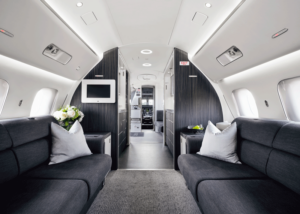 For now, however, Matthews’s efforts are focused on AirX’s own future, starting with the people who keep the business running.
For now, however, Matthews’s efforts are focused on AirX’s own future, starting with the people who keep the business running.
“At the top level of the business it is easier, you can afford to pay more than the market can meet because you are getting a unique skill set. Sourcing aircraft, for instance, is a unique skill,” Matthews says. “At the lower level, it can be difficult to maintain a healthy low staff turnover because these are positions that are vital to the business but are not ones you can throw money at.”
To bring down the turnover in these positions, AirX has invested in getting feedback from its staff, asking them about their happiness and level of security, but Matthews has big plans for the future in this area too.
“We are aiming to go the private equity route. When profits dramatically increase, I would like to look at the John Lewis approach, where everyone has a buy-in. That is the goal of the company,” he says.
When we speak to Matthews, he is involved in talks to raise more private equity for AirX. It is the latest step in a long process, but one Matthews feels has been good for the company.
“I have been successfully failing at raising equity for three years,” he tells us. “Every failure to pitch correctly is one we learn from. We have been able to think more financially, hone our skills and get to know the business more. It is an educational journey, not just for me but for the company.”
Once that equity journey is complete, AirX’s journey really begins. It will afford the charter firm the ability to grow to between 40 and 50 aircraft over the next five years, setting it on a course to exit the start-up stage of the company’s development after 14 years.
“I have been the financer, the disaster relief officer, and the CEO, and have accrued 15 million euros of personal debt to block the sale of the company during Covid,” Matthews says. “It is time to derisk the company and bring a partner on board.”
